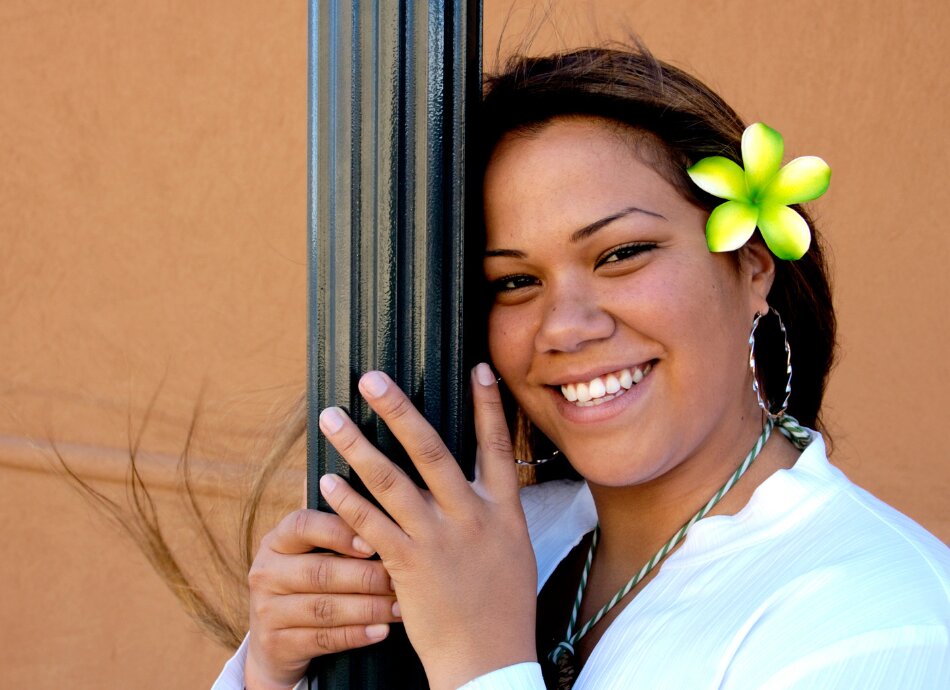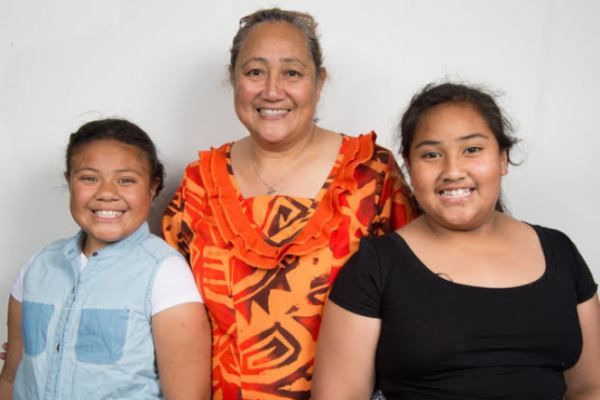Pasifika wellbeing and support
Accessing culturally relevant support
Key points about Pasifika wellbeing and support
My strength is not from me alone, but from many – Samoan proverb.
- When you’re sick, you need support from people who understand you.
- There are Pasifika peer support and mental health services available in the community that you can access for help.

Samoan, Cook Islands Māori, Tongan, Niuean, Fijian, Tokelauan, Tuvaluan and Kiribati comprise the 8 main Pacific ethnic groups in Aotearoa New Zealand – making up 8% of the total population.
In Aotearoa New Zealand, Pacific Peoples are a diverse population made up of ethnicities and cultures from many different Pacific Islands. Pacific Peoples in Aotearoa New Zealand are also known as 'Pasifika' and they are descendants of the indigenous peoples of Polynesia, Melanesia, and Micronesia.
It's important to acknowledge that, even though Pacific Peoples are described as a group on this page, there's much cultural variation. Also, although people of Pacific Island origin are known by a number of collective terms, some of which have been coined by the New Zealand Government, the term 'Pacific Peoples' has been mainly used throughout this topic.
Two thirds of Pacific Peoples in Aotearoa New Zealand live in Tāmaki Makaurau (Auckland) – 16.6% of Auckland's population identify themselves as Pacific Peoples.

Image credit: Healthify He Puna Waiora
COVID-19 affected many aspects of life for Pacific Peoples. The mental and physical health of many people was already strained before COVID-19 arrived in the country. The pandemic added to existing problems by providing stress from:
- job and income loss
- problems with housing
- fear of infection
- food insecurity
- education challenges
- isolation
- the costs of accessing technology for information and healthcare support.
During the pandemic, many Pacific Peoples felt unable to access the healthcare they needed or to get support for their mental health concerns. These problems have all put extra stress on the Pacific community.
COVID restrictions made it more difficult to gather for funerals, adding to the grief experienced. Many people all around Aotearoa New Zealand had to miss important events and mourn the loss of their loved ones in different ways.
The after-effects of COVID restrictions and stresses experienced by Pacific Peoples are still relevant today as many are still facing issues with unemployment, housing, food security, and the cost of healthcare.
Why COVID-19 hit Pacific communities so hard
The main reasons relate to COVID-19 being easily spread in situations where Pacific Peoples people live, work and connect. This is despite most of the Pacific population being double vaccinated by February 2022.
How have Pacific Peoples responded?
Pasifika communities rallied to care for each other by:
- maintaining stronger community connections, bonds of trust and religious identity (Christian) than New Zealanders as a whole
- coming together to support each other, with community groups, churches, and other local agencies helping those who were struggling
- through provision of food parcels through NGOs and community-initiated health pop-ups/drives, enabling families to catch up on missed immunisations and health screenings.
Some of the problems experienced in providing support were that some Pasifika families didn't want to ask for help due to a concern that others needed it more. Some also didn't know where to go to get help.
If COVID-19 has affected you or those you know – either in the past or now (as it is still prevalent in communities) it's important to know there is help available if you need it.
It's OK to accept help so you can feed and clothe your family and support your mental health during challenging times. Contacting your healthcare provider and asking for a phone or virtual session can be an option, if you can't go to see them in person. Enquiring if there is a health coach or health improvement practitioner may also be useful, as they can help you navigate other services in the community such as Awhi Ora.
0800 OLA LELEI (0800 652 535) is a free, confidential national Pacific helpline staffed by trained Pacific mental health and social workers ready to support Pacific families. It provides a safe space to talk if anyone is feeling stressed or overwhelmed.
- The service runs Monday to Friday, 8.30am to 5.00pm.
- The languages offered are Cook Islands Māori, Samoan, Tongan and English.
Ola Fiafia(external link) is a group of mental health support services around Aotearoa New Zealand focused on strengthening the resilience and wellbeing of Pacific Peoples. Call free on 0800 652 342.
Lotofale Pacific Mental Health Services(external link) provides help with serious mental health problems in Auckland.
Penina Health Trust(external link) provides mental health, addiction, and housing services in South Auckland.
Mental wealth(external link) – Learning how to look after your mental health creates ‘mental wealth’. Le Va provides support and services in mental health and addiction, disability, public health, suicide prevention and education, in sport, and with churches.
Pacific mental health non-clinical support(external link) Vaka Tautua is an Auckland-based service to support Pacific Peoples experiencing mild to moderate mental illness to get well, stay well and integrate successfully back into the community. The service involves individual and group support, brief interventions, and information on how to access community resources and services.
Aiga Fiafia(external link) runs a variety of social services and programmes with the aim of helping to grow strong and resilient Pacific aiga, in this generation and the next.
Faletoa (Pacific Mental Health Liaison)(external link) provides mental health support and advice for Pacific People aged 18 to 65 who live within the Counties Manukau region.
Health Pasifika(external link) Specialist community mental health service for children and young people and adults in Wellington, Porirua and Kapiti.
Impact of COVID-19 on Pacific Peoples living in South Auckland(external link)
Pacific led wellbeing services(external link) Health New Zealand | Te Whatu Ora, NZ
Pasefika Proud(external link) NZ
Pacific wellbeing(external link) All Right? NZ
Positive health and wellbeing (external link)among Pacific peoples in New Zealand AUT Pacific Health Research Centre, NZ
Services
Tupe wise(external link) is a service designed to build Pacific Peoples’ financial knowledge, skills and confidence so they are ready and able to move towards financial independence and home ownership. Tupe Wise involves workshops, one-on-one coaching and offers assistance to access wider support services. It's available in Auckland, Wellington, Canterbury and Otago. Call free on 0800 825 282
Matua Ola Manuia(external link) offers a selection of programmes and services for matua (older people). This service supports matua to stay connected with their communities and live healthy, active, and safe lives. Call free on 0800 628 826.
A list of Pasifika healthcare providers Healthify He Puna Waiora, NZ
Pacific Homecare(external link) A Charitable Trust providing home-based health care and Whānau Ora services throughout South Auckland – phone 09 274 9153.
References
- Impact of COVID-19 on Pacific Peoples living in South Auckland(external link) Health New Zealand | Te Whatu Ora, NZ, 2021
- Pacific connectedness and wellbeing in the pandemic(external link) Te Hiringa Mahara, NZ, 2023
- Pacific housing – people, place, and wellbeing in Aotearoa New Zealand(external link) Stats NZ, 2023
See our page Pacific health for healthcare providers
Credits: Healthify editorial team. Healthify is brought to you by Health Navigator Charitable Trust.
Reviewed by: Roselyn Singh, Health Coach, Auckland
Last reviewed:





